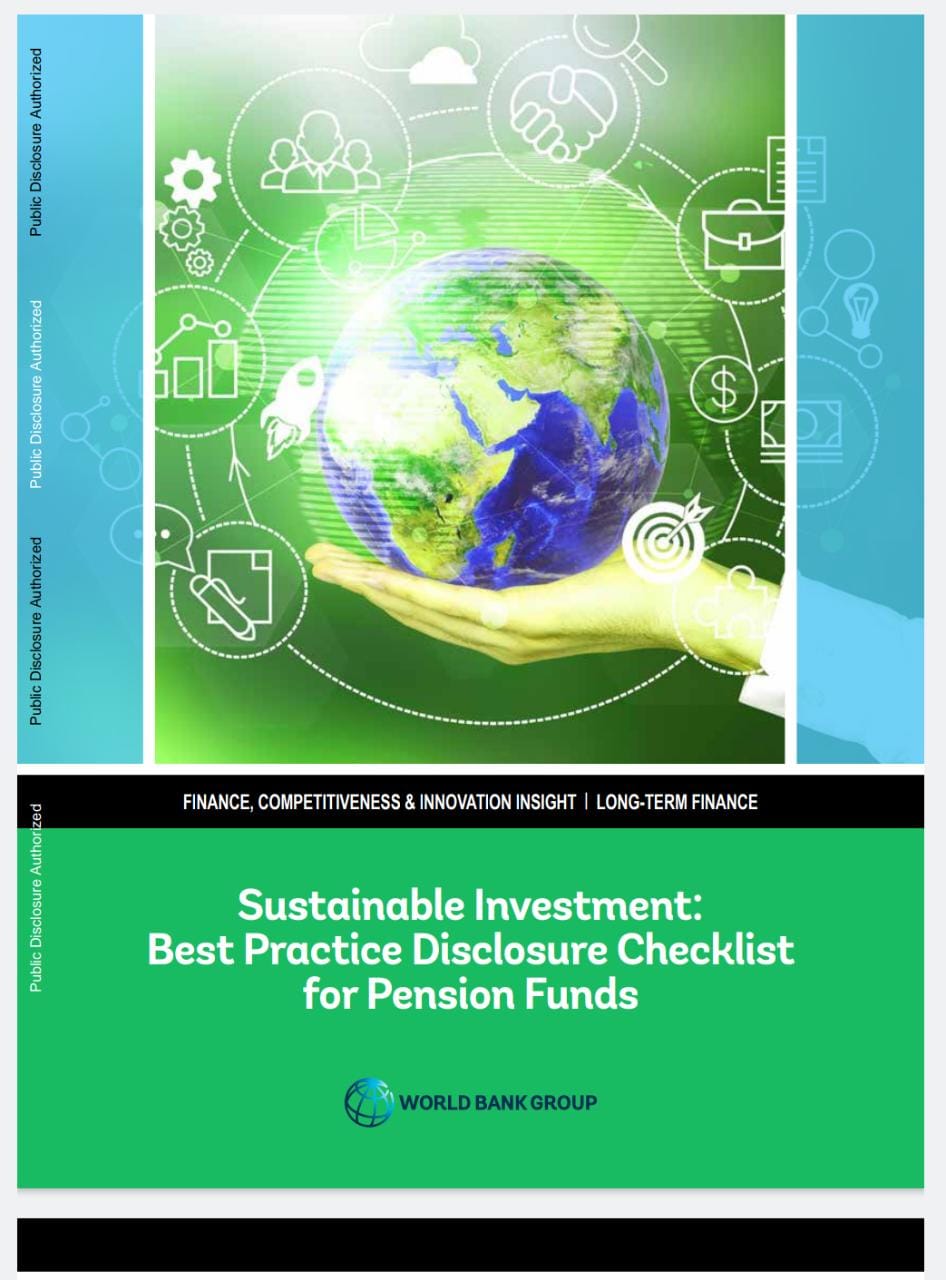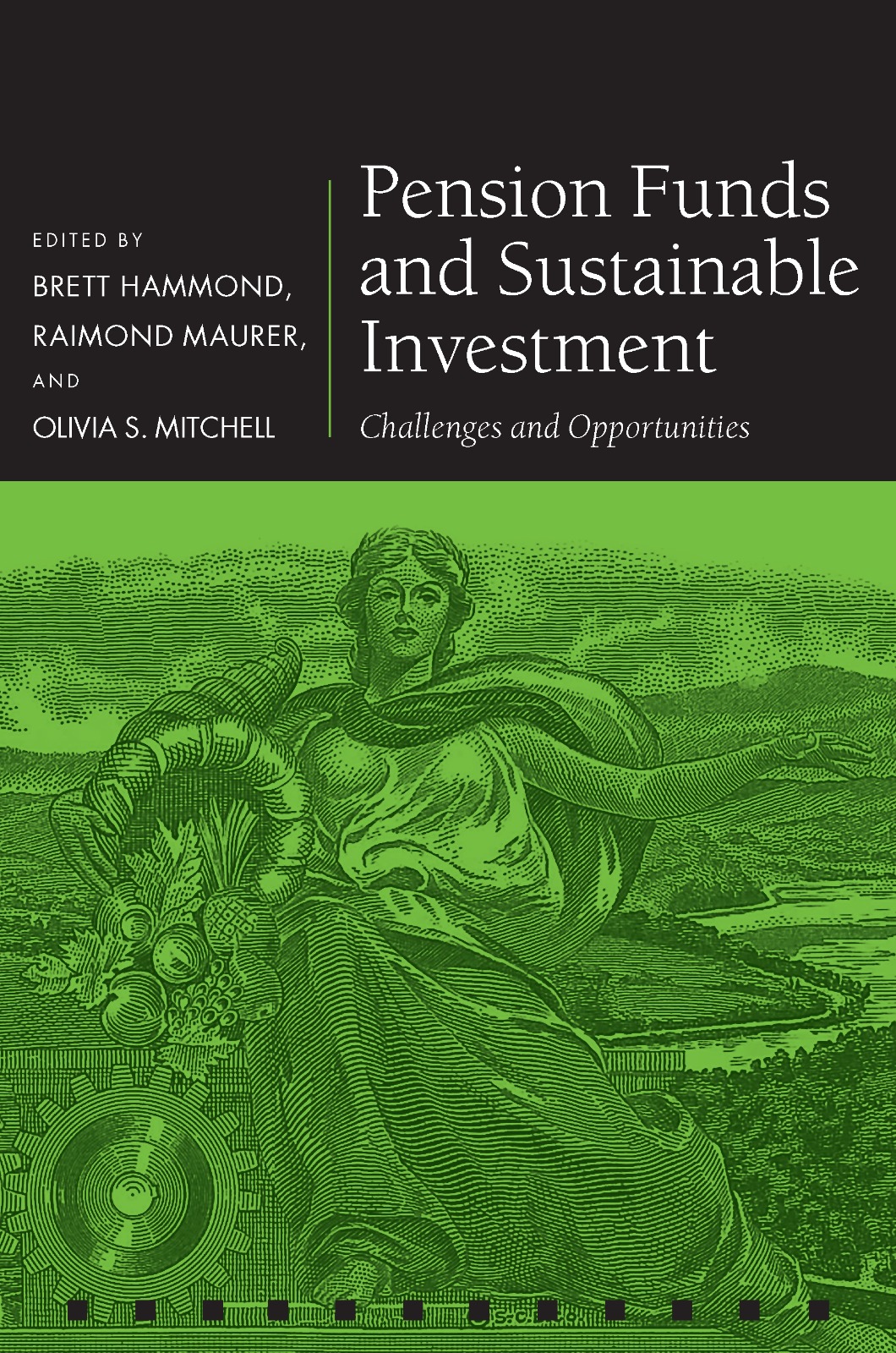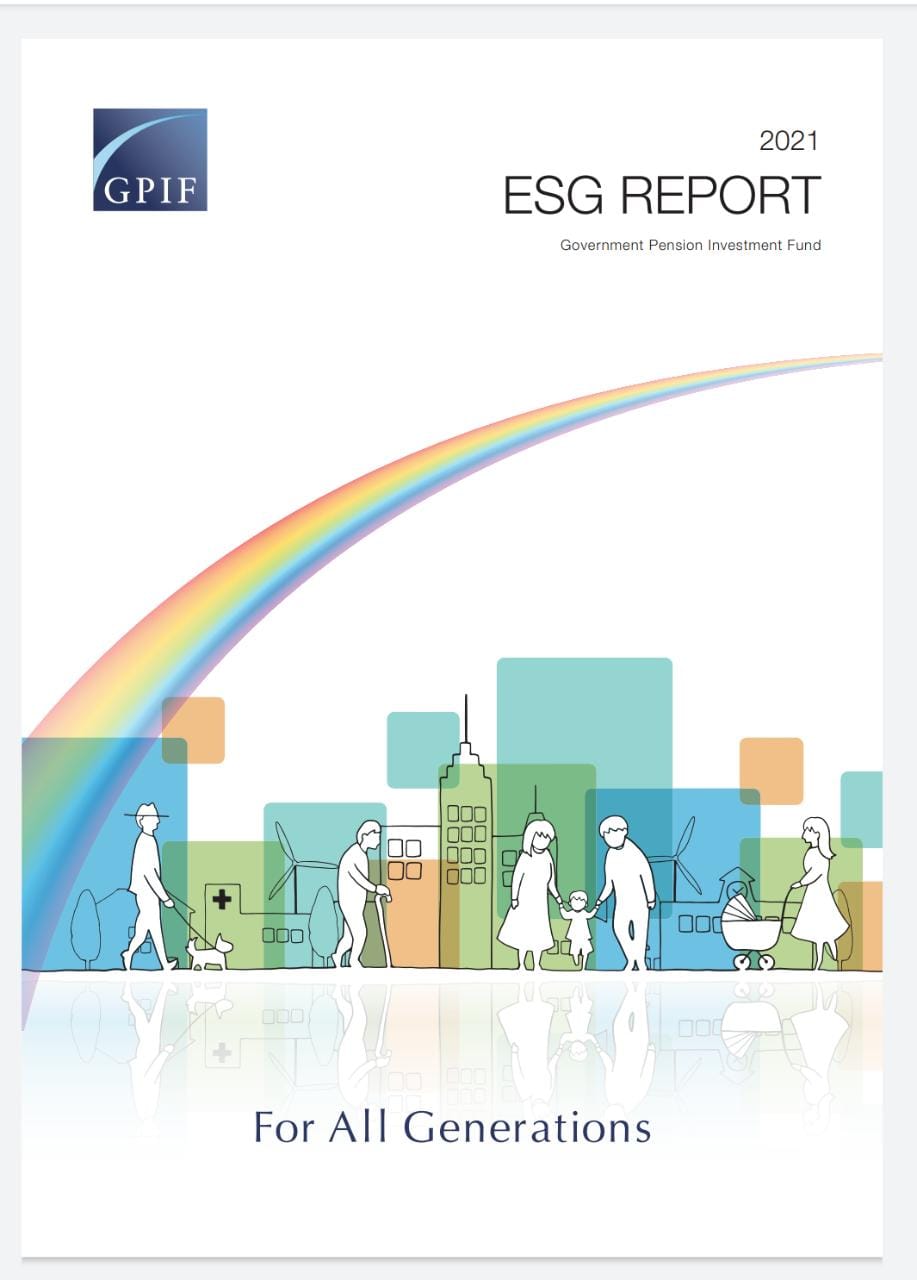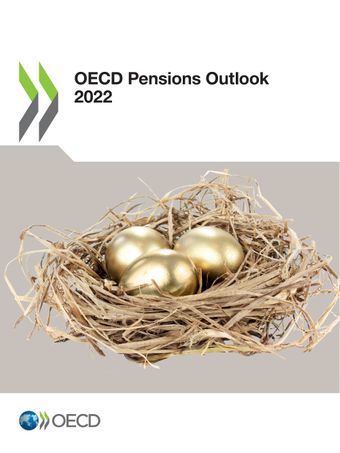Sustainable Investment: Best Practice Disclosure Checklist for Pension Funds
By World Bank Group There are compelling reasons for asset owners – in particular large pension funds and sovereign wealth funds – to adopt sustainable investment, and for governments to support them in these endeavours. First, asset owners have a key role to play in providing the capital that supports national economic and development goals. Second, sustainability issues – for example, climate change, labour rights, public health – are important drivers of investment value. Third, asset owners play a key...










